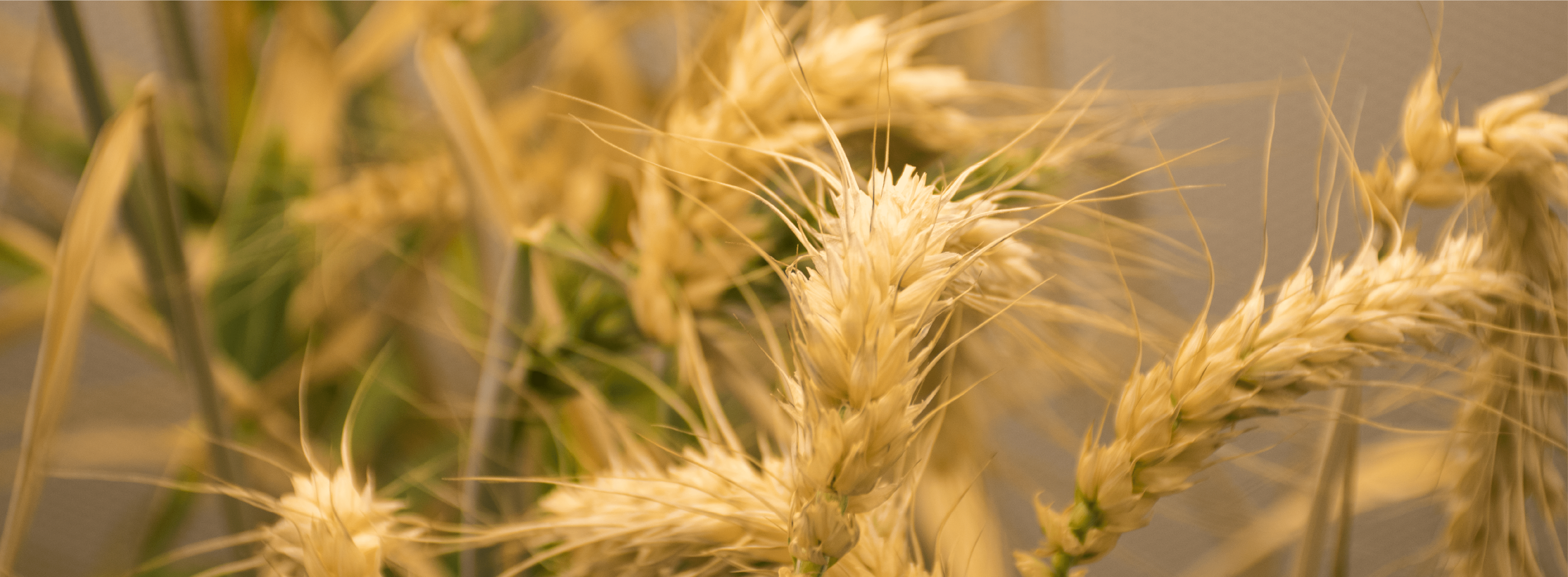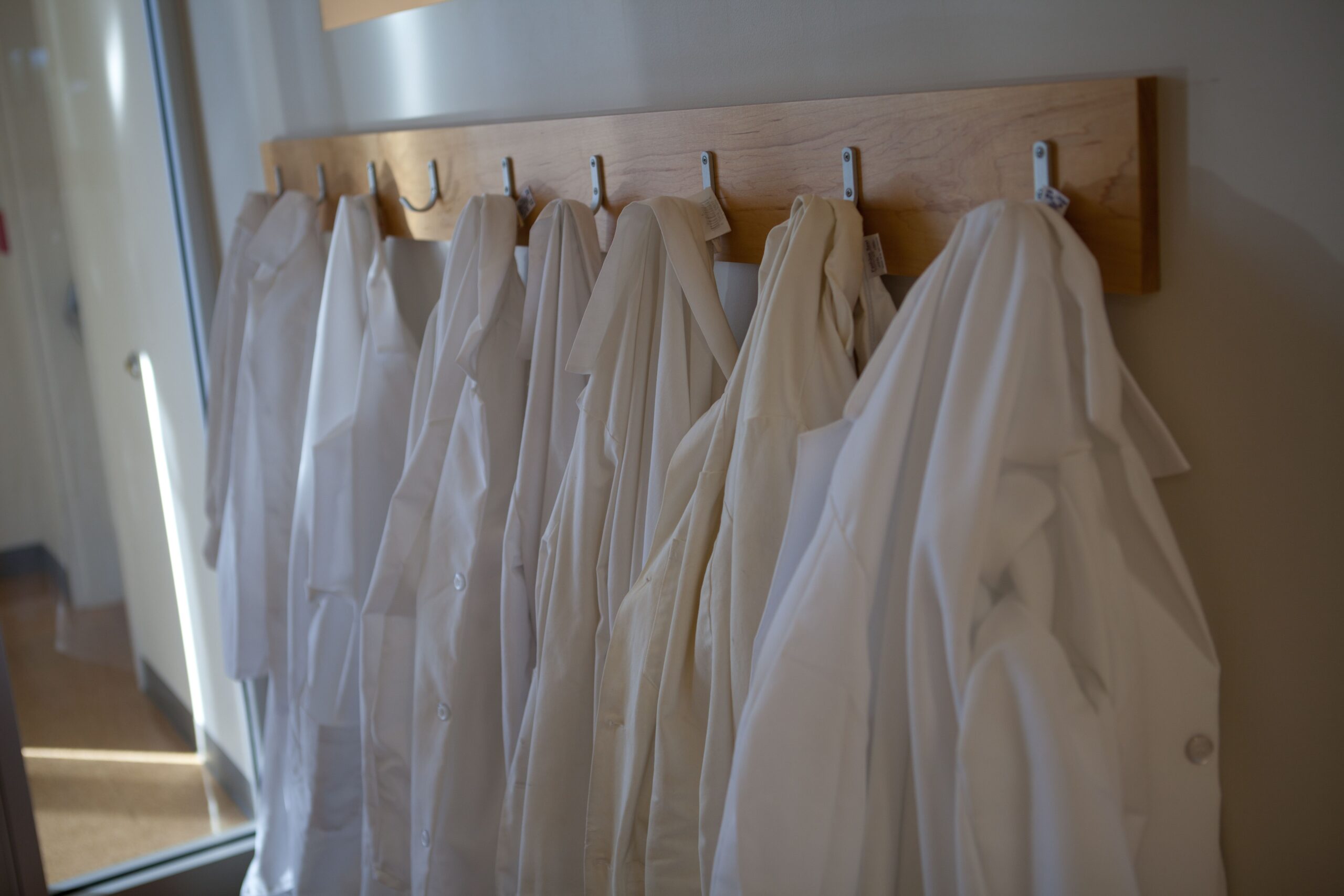
Meet an IGI Scientist: Ksenia Krasileva
This series introduces the public and fellow researchers to our talented scientists. We interview different IGI members to find out who they are and what makes them passionate about science.
Ksenia Krasileva is an Assistant Professor of Plant & Microbiology Biology at the UC Berkeley. The goal of the Krasileva lab is to understand plant innate immunity. They focus on the evolution and function of immune genes, with the ultimate aim of supporting sustainable agriculture.
Where are you from?
I was born in St. Petersburg in the USSR and I grew up there. In 2000, when I was in high school, my whole family moved to the US. For most of my adult life I’ve been living in the Bay Area. I am Russian-American and I stand with Ukraine right now — it’s very important to me.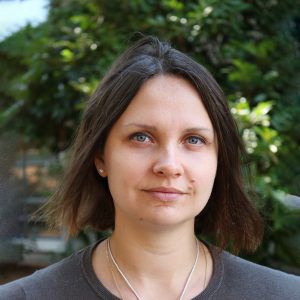
Why did you become a scientist?
I was lucky that in St. Petersburg in the 1990s, there was a lot of freedom in how kids were educated. I think there was a big liberation from standards and norms of the Soviet Union. I went to a small school organized by faculty who decided to test out integrating academic-style teaching with a more standard school curriculum. So starting when I was 11 or 12, I was lucky enough to go on ecology expeditions in archipelagos between Russia and Finland and helped to collect data for plant genetics and ecology studies that my high school teacher did.
It was so much fun to see and score phenotypes and say, oh, this plant grows in the forest and this one grows in the sun, or measure their flower traits or other differences. So, hands-on experience in the natural environment and nature. It was so stimulating that when I came to the US, I applied to Berkeley only two months later. I took the SATs with zero prep. I had no idea what I was doing. But when I was admitted, I declared my major as plant genetics because I was just blown and fascinated by it.
Do you have any fun or funny memories of lab work?
I really value having a professional yet fun atmosphere. One thing we do as a lab is celebrate each paper that comes out from our lab with fun merchandise that utilizes one of the figures from the paper. People in the lab have created mugs, t-shirts, plates, and more. For the latest paper we used AlphaFold on a genome-wide scale to predict protein structures of secreted proteins, and we made a jigsaw puzzle of one of the figures. Personally I also like fun science t-shirts. I’m wearing one right now.
What do you like to do besides scientific research?
I have two boys, nine years old and five years old. So, I spend a lot of time with them when I’m not in lab! And my husband and I cook a lot. We make our own pasta. I see it as kind of the same as lab skills: biochemistry.
I also like reading books. My house has 18 boxes of books, which I shipped to the UK when I went there to start my lab and then shipped back when I came back to California. They just keep accumulating! I wish I had more time to draw and paint, which I used to do quite a lot when I was in grad school. It was my way to decompress from the intense lab work.
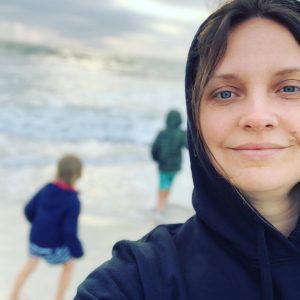
What do you see is the role of science in the community?
There are two roles: one is the role of science and the other is the role of a university. The role of science, as we could see from the pandemic, is to promote greater good. It is the discovery, it is the truth seeking, but it should promote greater good.
What I do with plant biology and plant-pathogen interactions, I ultimately want to find out how can plants that don’t have adaptive immune systems defend themselves so we can utilize that knowledge for sustainable agriculture. So that we can realize the power of our own innate immune system that we don’t fully understand yet. Why on a population level people react so differently to diseases, and more. I think we should have not only that in mind, but communicate with the public and align the greater good. And have a dialogue — not only lecture and educate, but receive feedback.
So that’s the role of science, but we are at the university right now and that has another role. The role of the university is primarily educating people and educating on all different levels. So even in my research lab, I do not separate teaching from research. My role as a PI is to develop graduate students, to teach them how they can do science rather than direct. And that’s a different role from when I was doing my own science.
If you hadn’t become a scientist, what would you have wanted to do?
I took a three month break between my Ph.D. and my postdoc to really think about it. I had my postdoc lined up, but I started cooking and was dreaming about opening a coffee shop in Berkeley… I don’t know if I would’ve succeeded in that, it’s very competitive! So I think science was a safer bet for me.
What inspires you?
I am greatly inspired by Fab Five on Queer Eye for the Straight Guy. What they do is inspirational, the amount of humanity that they bring to the world along with a fun and understanding atmosphere to connect to different communities. They’re my role models.
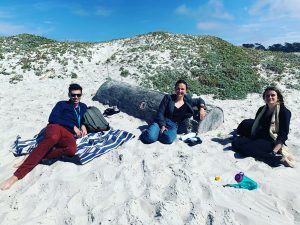
Is there anything else you’d like to share?
If you’re reading this and you want to talk, reach out! I think it’s good to talk more and have dialogues with whoever is interested.
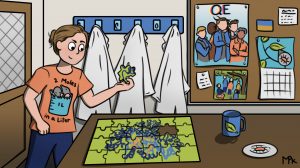
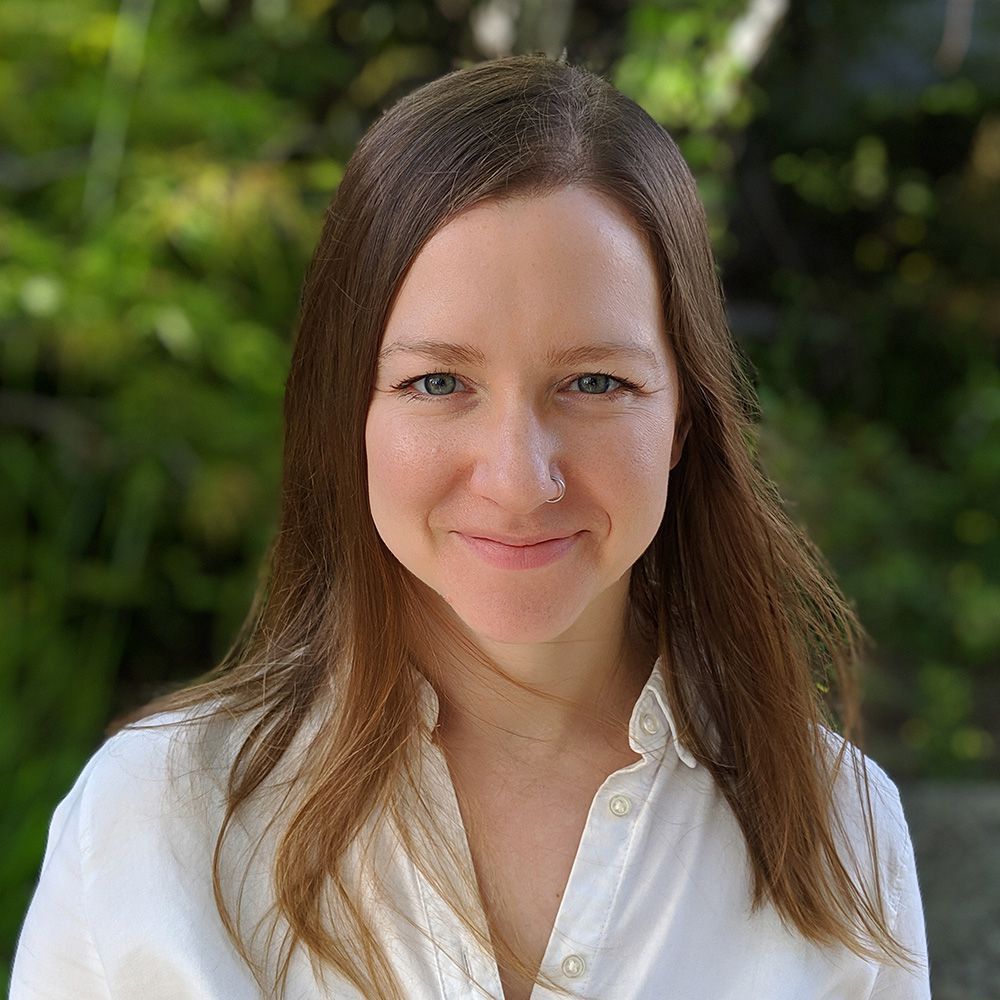 By
Hope Henderson
By
Hope Henderson
